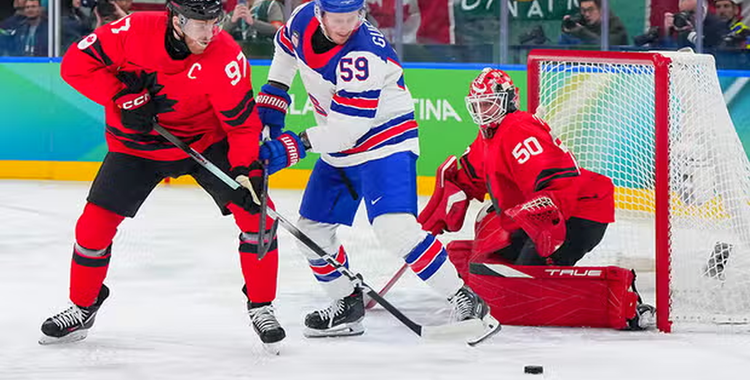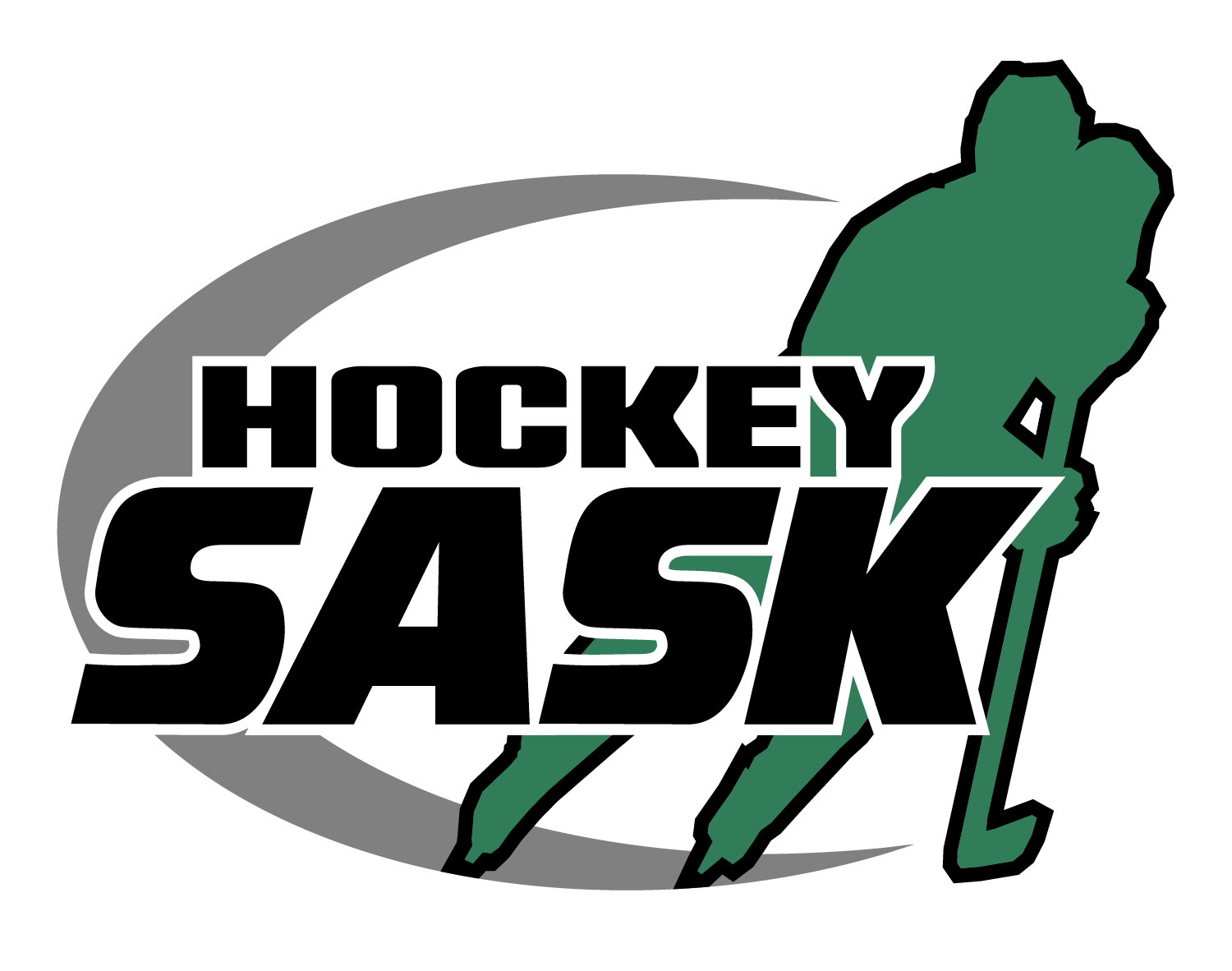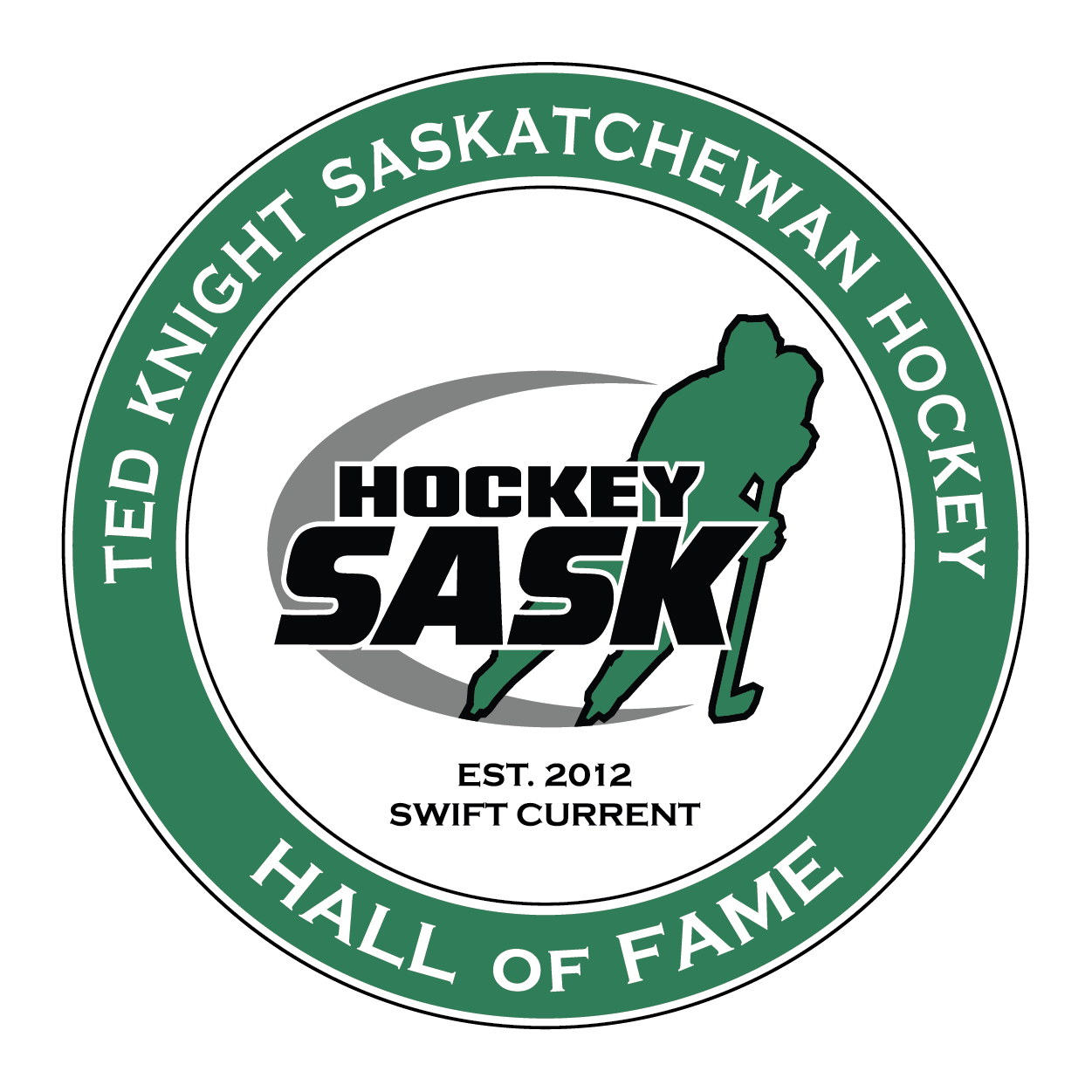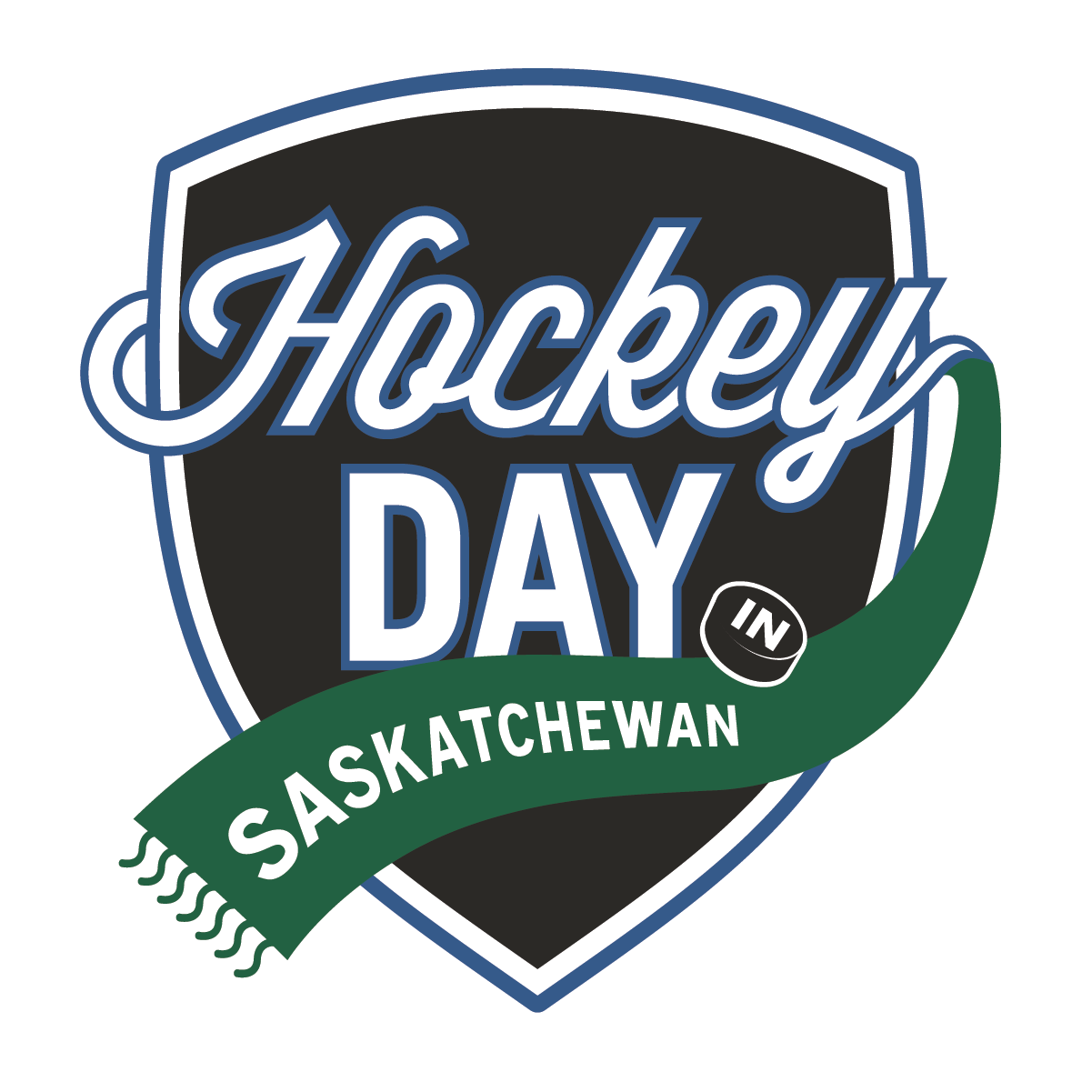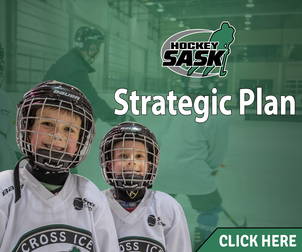Hockey Canada Releases Information About Sanctioned Programs
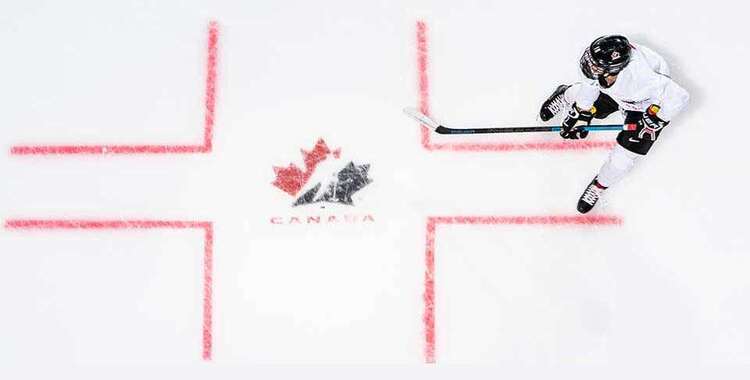
Aug 31
2023
By Hockey Canada
CALGARY, Alta. – In collaboration with its Members and partner leagues, Hockey Canada has released a document that clarifies significant differences for participants in sanctioned and non-sanctioned hockey programs, including player safety, insurance, eligibility, playing rules, high-performance opportunities and recognition by government.
The document outlines 20 benefits that are available to participants in Hockey Canada-sanctioned programs and are either not provided or not guaranteed with non-sanctioned programs, which all operate without being recognized by government in Canada and are not governed by the International Ice Hockey Federation (IIHF).
“With the beginning of the 2023-24 hockey season upon us, we felt it was important and frankly necessary to inform Canadians about the differences between participating in sanctioned and non-sanctioned hockey,” said Darren Cossar, senior vice-president of member engagement. “We hope this document will inform parents and participants of the benefits available to them with membership in sanctioned hockey, and the variance and risks should they choose to participate outside of it.
“For any parents and participants looking to confirm that they have registered for sanctioned hockey and have access to its benefits, we encourage you to reach out to your provincial Member, association or league and ask if they are a member of Hockey Canada.”
All participants in Hockey Canada-sanctioned programs are eligible to be affiliate players, compete in sanctioned hockey tournaments and against teams from other IIHF Member National Associations. They can also be selected for national and provincial/territorial high-performance teams, can compete in provincial and national championships, and are entitled to full, standardized insurance coverage. Sanctioned games are officiated by trained and certified officials within the Hockey Canada Officiating Pathway using a standardized rulebook.
In sanctioned hockey, it is a requirement that all coaches, bench staff, trainers and officials undergo a mandatory criminal record check and/or vulnerable sector check, and that all coaches, trainers and officials be trained and certified to perform their responsibilities. Coaches, officials and staff in sanctioned hockey may also be considered for additional assignments and opportunities, including participation in IIHF events, and Canadian Hockey League, Canadian Junior Hockey League and Junior A games.
Only participants in sanctioned hockey are eligible to submit confidential complaints of maltreatment, abuse or harassment to the Office of the Sport Integrity Commissioner or Hockey Canada’s Independent Third Party. Should a player, coach or staff member under suspension in sanctioned hockey move to a non-sanctioned league, it is not guaranteed the suspension would be recognized and upheld.
Any player rostered on a non-sanctioned hockey team after Sept. 30 is ineligible to be rostered in a Hockey Canada-sanctioned league for the remainder of the season, even if they are released by their non-sanctioned team at a later date.
The entire document outlining differences in sanctioned and non-sanctioned hockey can be found here.
Ultimately, Hockey Canada and its Members are tasked with ensuring participants of all ages and abilities can enjoy playing hockey in communities across the country, both recreationally and competitively. While we feel strongly that our model for delivering hockey is to the benefit, safety and wellness of players, coaches, officials, parents, administrators and volunteers, we recognize and respect that others remain free to participate in the game outside of sanctioned programs.
For more information on Hockey Canada, please visit HockeyCanada.ca, or follow along through social media on Facebook, X and Instagram.
Related Articles
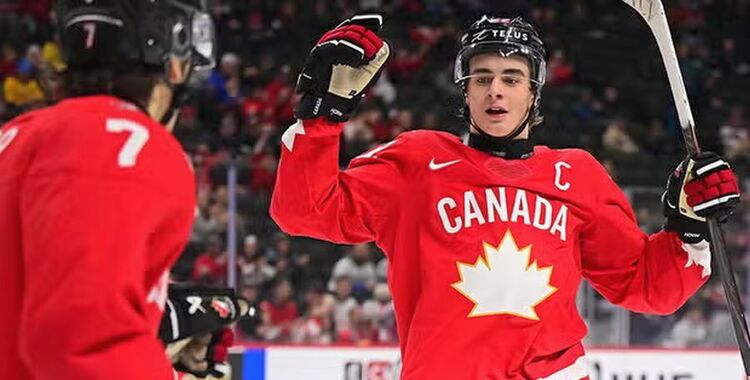
Canada Wins Bronze Medal at 2026 IIHF World Junior Championship
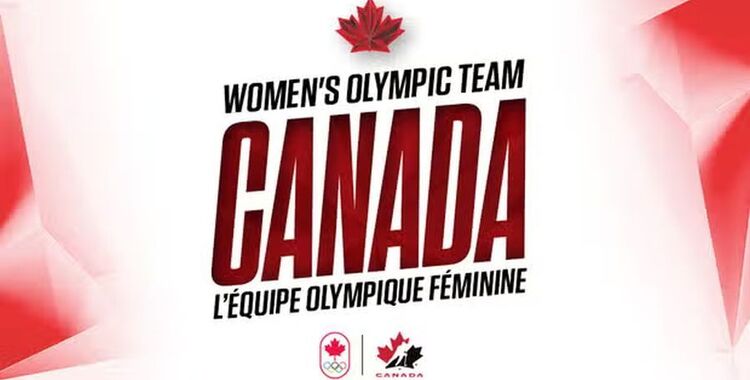
Women’s Hockey Team Unveiled for 2026 Olympic Winter Games
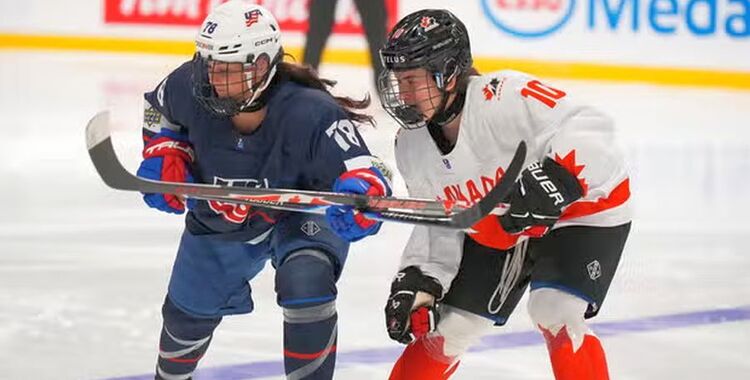
Canada Takes Silver at 2026 IIHF U18 Women's World Championship
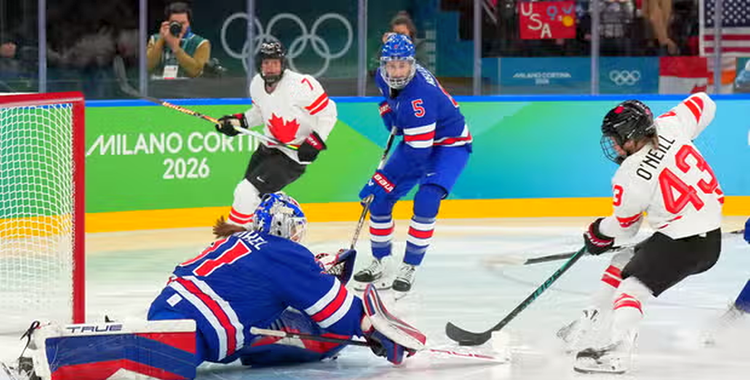
Canada Takes Home Silver from Olympic Winter Games
